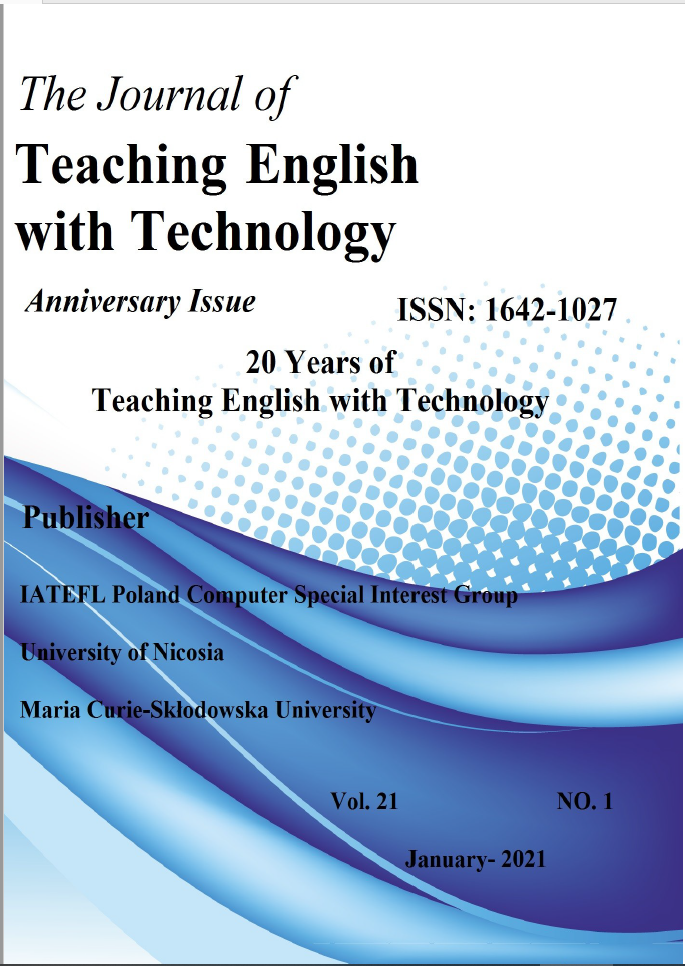Developing language, content, and digital competence through international telecollaborative project work
Developing language, content, and digital competence through international telecollaborative project work
Author(s): Ricardo Casañ-Pitarch, Miguel Ángel Candel-MoraSubject(s): Foreign languages learning
Published by: IATEFL Poland Computer Special Interest Group and The University of Nicosia
Keywords: Language; Content; Digital Literacy; Telecollaboration; Project Work
Summary/Abstract: Telecollaboration seems to be a present emerging practice in education. In this sense, telecollaboration is wide and covers several areas of work and study, and it can also concern hybrid ones. This research focuses on developing learners’ digital competence, English language skills for professional purposes, and knowledge on recycling matters through a telecollaborative project work. The framework for this study is based on Spiers and Bartlett’s (2012) model on developing language, content, and digital skills, and it also focuses on the taxonomy of communication acts in professional contexts introduced by Lehman and DuFrene (2013). Students had to work collaboratively in groups of four students, from two different institutions and countries, and create a blog on the topic of recycling matters, analyzing the current problems and offering possible solutions. Students were tested before and after the project in order to measure their progress within the different areas of study. Results showed that this telecollaborative project work was potentially beneficial; the experimental group performed better in all the areas tested after this project. In conclusion, it seems that telecollaboration projects helped develop the target skills in this research following an integrated learning approach.
Journal: Teaching English with Technology
- Issue Year: 21/2021
- Issue No: 1
- Page Range: 26-47
- Page Count: 19
- Language: English

